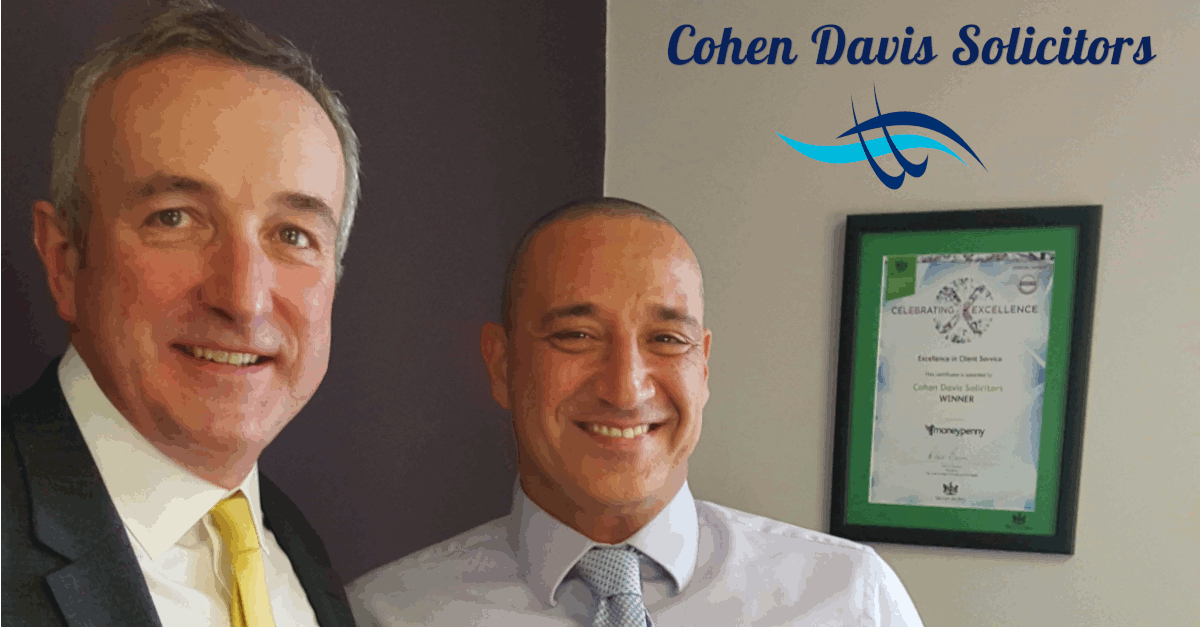How to obtain an injunction or a disclosure order from Google
If you or your business are a victim of online defamation and harassment and you are considering taking out an injunction against Google, make sure you speak to us first because you may be wondering whether it is necessary, since Google operate a voluntary take-down system. Google, however, is reluctant to give out details about its users without a disclosure order.
How to get a disclosure order from Google
Can Google delete harassing Blogger sites
How do you report Blogger defamation to Google
Do you need a lawyer to get a disclosure order from Google
How to get a disclosure order from Google
It is relatively easy to obtain a disclosure order from Google, if you want to find out the identification of someone who is harassing you. You will however need a court order, to which Google does not usually object.
The first UK Google injunction was obtained in 2011 by Yair Cohen. The Injunction order required Google to reveal personal details of individuals who were defaming a UK business on the internet.
Our media publishing client published news stories around the UK on behalf of tens of thousands of satisfied customers per year. One customer wasn't so happy and tried without success to recoup money for services that had already occurred and been published. Subsequently, he decided to apply pressure on the media group by creating defaming blogs under a false identity and then passed them to a friend to post, all with the intentions of further masking his guise.
When the High Court of Justice issued a Google injunction order, Google was ordered to disclose the blog owner’s user name, email address and IP address to Yair Cohen, who was fighting to have the defamatory content against his client removed from the American-based blog. Google was also required to supply data that would help identify the anonymous user and also information about the Gmail account associated with the creator of the defaming posts.
When Yair Cohen, Social Media and Internet Lawyer approached the perpetrator of the defaming posts, he denied all responsibility but under further scrutiny, he revealed that he did have an influence over their content.
Can Google delete harassing Blogger sites
In light of the High Court Google injunction order and in face of other evidence gathered, Google decided of its own accord to shut down the defamatory blogs and this prevented the necessity of any further court proceedings because the outcome was successful.
Successive similar cases have ended in the same manner: Google were served with a High Court order and with the evidence that we collated, the defamatory blogs were shut down and in each case, no ensuing court hearings were required.
The outcome of the first Google injunction case set an important, groundbreaking precedent and paved the way for future similar claims, yet surprisingly, it remains expensive to remove defamatory posts and blogs from Google's websites. What exacerbates the problem with this is that most businesses that are being defamed may already be struggling financially, due to the defamation damage and they want to act quickly, in order to salvage their organisation's reputation.
It is also important to note that Google has been operating a take-down system for defamation online complaints for many years but as our client and numerous other clients have found, submitting a request to them is a very long-winded and haphazard exercise. You may not hear from Google, it may take one page down or none at all. Many people are left hanging, waiting on a decision by Google about the defamation online, which has further damaging consequences to their reputation.
How to report Blogger defamation to Google
Let's bear in mind that the content moderators at Google are not legally trained, so the decision of removing your defamation is entirely the responsibility of a Google worker that may not understand the nature of the damage that the defamation online is causing, as only lawyers that understand the internet, the law and reputational issues would.
One other downside to reporting to Google, is that you are also agreeing to them sending your take down request to the Lumen Database (once known as Chilling Effects). Lumen Database store and index your defamation removal request and this information is shown at the foot of Google: 'In response to a legal request, submitted by Google, we have removed 1 result. You can find further information at Lumendatabase.org', so the defamation can be still found on the internet, on a click through to 'read more about this request'. If you want to take legal action against Google in connection with a right to be forgotten application, read the article GDPR Claim Against Google.
Do you need a lawyer to get a disclosure order from Google
It is best to have a lawyer handling your disclosure order from Google. Some law firms have done this so many times and have a process which they have already developed, together with the legal team at Google to facilitate Google disclosure orders fast and accurately. Google injunctions and court orders are serious matters, which the court will consider on merits. For this reason alone, it is important to obtain legal advice about obtaining disclosure orders from Google in relation to online harassment and defamation.
If your business is being defamed on Google or if you are being harassed or defamed personally, we advise that you don't waste time and that you contact us because we know that we can help you, swiftly. Since this groundbreaking case in 2011, we have helped hundreds of businesses reclaim their reputations by way of a Google injunction.




